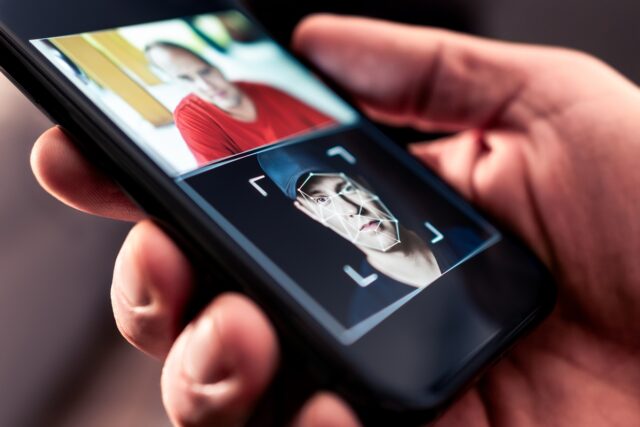July 03, 2025
It’s Time to Make Online Shopping Fun Again

The thrill of discovering an unexpected gem during a casual shopping trip has all but vanished. Online shopping arrived with promises of endless choice and effortless convenience, but somewhere along the way, a vital spark quietly faded.
Nicole Kivel, managing director, enterprise, at commerce media platform Criteo, believes she knows what’s missing and how brands can bring it back.
How Online Shopping Lost Its Magic
Criteo’s latest study, The Spark of Discovery, reveals the depth of that disenchantment: 76% of consumers say they no longer find online shopping enjoyable. The endless scroll may have delivered speed and simplicity, but it also turned discovery, a moment once charged with curiosity and joy, into a chore.
“The spark is gone. Shopping online has become a routine. It’s practical, but it’s lost the excitement that makes it feel memorable,” said Kivel.
Yet it’s precisely this discovery phase, Kivel argues, that holds the key to revitalising e-commerce.
“Shoppers don’t just want the best price or fastest delivery. They want the rush of finding something they didn’t know they needed, a product suggestion that feels like it was made for them,” she explained.
Achieving this is harder than it sounds. Consumers are overwhelmed, with 78% reporting they face too many product choices, which leaves brands with a delicate balancing act: capturing attention without adding to the noise.
Kivel believes the solution lies in creating moments that feel personal and spontaneous rather than purely transactional.
“The emotional spark happens when a product recommendation, an inspiring campaign, or creative content makes someone pause and think ‘I have to have this’. Those are the moments that make shopping joyful,” she said.
Where Emotion and Data Intersect
The report shows half of consumers (52%) feel positive when they’re browsing for something new, and nearly as many (46%) when they’ve just discovered a new brand. But the opportunity often goes unrealised because brands fail to infuse their campaigns with emotional resonance.
“Even the most confident strategies fall flat if the emotional layer is missing,” Kivel warns. “Success today demands a mix of standout creative, real-time relevance, and emotional intelligence, powered by data that ensures each interaction feels meaningful.”
Data, Kivel insists, isn’t the enemy of emotional engagement. Instead, it is the enabler of a truly personalised opportunity. “Algorithms, when used intelligently, can support creativity rather than stifle it,” she said.
Over 60% of brand leaders believe better access to customer insights would strengthen discovery strategies, while 83% plan to use AI to enhance the overall consumer experience. This means brands need to tailor not just offers but stories, predicting preferences to create shopping experiences that feel serendipitous rather than scripted.
“When we talk about AI, we’re not just talking about efficiency,” Kivel explains. “We’re talking about bringing back the element of surprise. Thirty-six percent of shoppers say they miss the unexpected find online. With predictive insights, brands can recreate that feeling digitally, fueling moments that feel intuitive and personal.”
Turning Insight into Impact
Retailers and brands each have distinct roles in reigniting discovery’s magic. On one hand, retailers hold a treasure trove of first-party data that can make the path to purchase feel remarkably personal, from tailored recommendations to timely loyalty offers.
“Retailers can turn insights into experiences that feel effortless but deeply relevant,” she noted, pointing out that 68% of retailers see better data as the key to improving discovery.
Brands, on the other hand, have a chance to light the spark from the outset. “For brands, discovery is the moment to build awareness and reach new shoppers. Creative campaigns that tap into emotions not only grab attention, but they create lasting connections,” Kivel explained.
Brands working through retail media networks can combine their own insights with retailers’ data, gaining a holistic view of shoppers’ wants and needs.
The results tell it all: discovery-led strategies are considered effective by 98% of brand leaders, with 80% linking them directly to brand growth.
Ultimately, Kivel believes that e-commerce doesn’t have to be a joyless scroll. By combining emotional storytelling with smart, data-driven strategies, brands and retailers can turn online shopping back into the inspiring, delightful experience it once was and give consumers the spark they’ve been missing.




